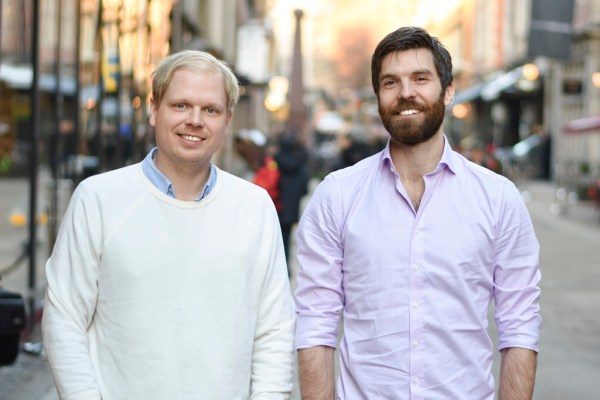Universal Avenue, the Stockholm-headquartered startup that lets companies access a local sales force on demand, has closed a deal of its own.
The company has raised $10 million in fresh Series A funding, adding to the $5 million “extension” to its seed round a little under a year ago and bringing total funding to $17 million.
Leading the round is Eight Roads, the proprietary investment arm of Fidelity International, with participation from existing investors Northzone and MOOR.
In a call with Universal Avenue co-founder and CEO Johan Lilja, he described the startup’s marketplace as three-sided: On-the-ground sales people (or “brand ambassadors”) who wish to earn an income from local commission-based sales; B2B online/digital companies, such as those offering a SaaS, who wish to expand into or test new markets; and local businesses or venues that might benefit from purchasing digital services.
More broadly, the problem that Universal Avenue aims to solve is that it is often difficult to reach decision makers in B2B sales without a face-to-face approach, which sometimes makes it hard to scale SaaS type companies, including startups.
This usually means setting up a local outpost in every country or region you wish to expand to or outsourcing to a local agency. Both have inherent costs and risks, which Universal Avenue’s on-demand model is attempting to mitigate.
Lilja tells me that, although Universal Avenue is designed to match the right level of sales person to the brands using the platform, sales people are on-boarded for each specific client. In this regard, you might conclude that the startup isn’t quite as scalable as pure internet marketplaces, since a lot of bespoke labor is involved. However, Lilja says Universal Avenue is able to replicate the further rollout of a particular brand relatively smoothly and efficiently once an initial trial has taken place.
What isn’t in doubt is that Universal Avenue is set up to enable other startups to scale, since it offers enough flexibility to test and launch in new markets quickly. That’s because an on-demand model, where users of the service typically only pay when customers are actually acquired, pushes a significant amount of risk onto Universal Avenue itself, and in turn its commission-based sales force.
Meanwhile, Universal Avenue says it plans to use the new investment to continue its U.K. growth and expand into the U.S. market in the second half of this year. In addition to the U.K., the startup currently operates in Spain, Greece, Sweden, Norway and Finland, and claims customers such as Spotify Business, DripApp and Shopify.
